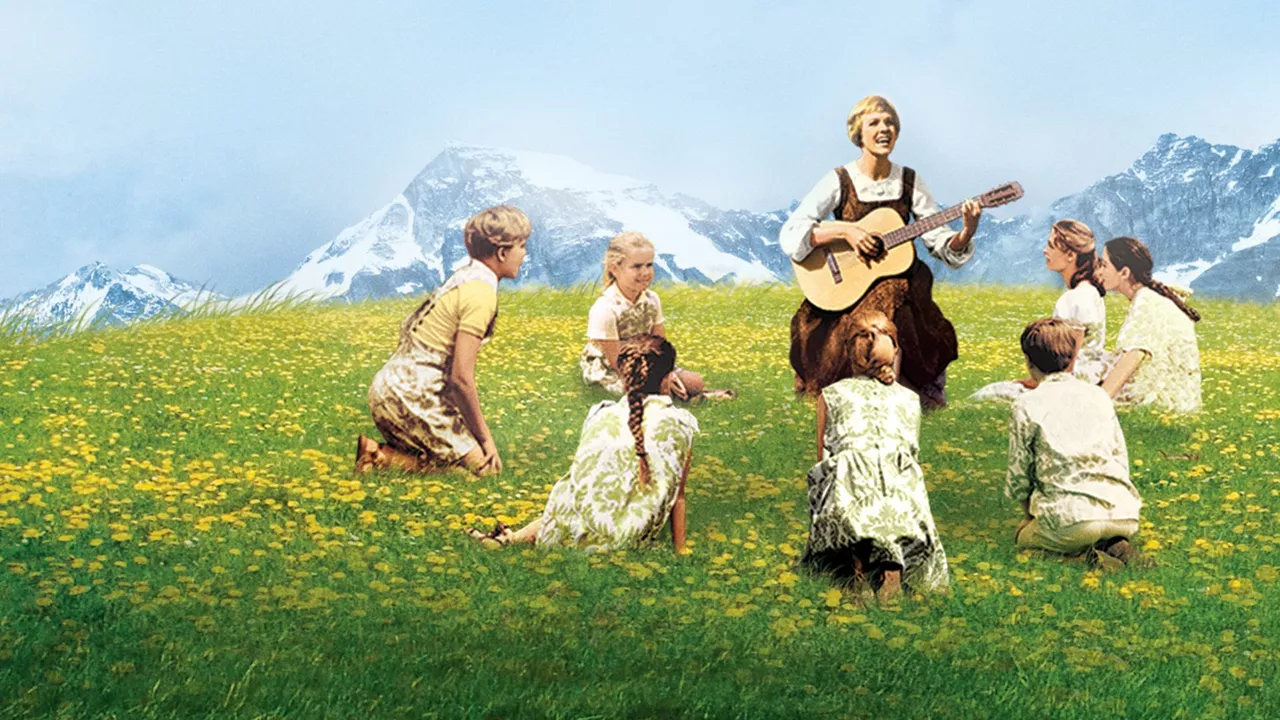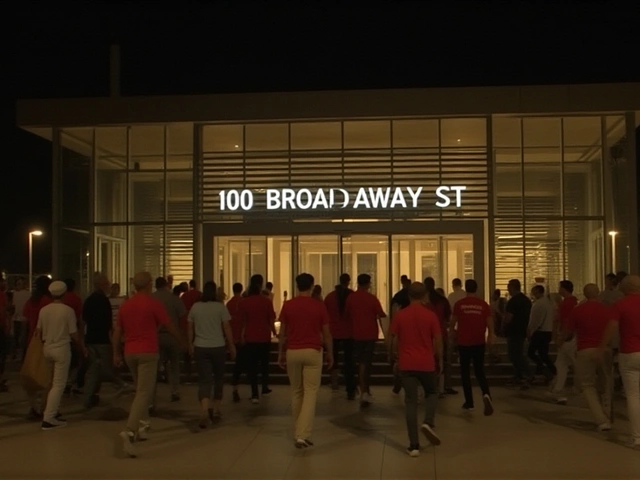Is The Sound of Music (the musical) in the public domain?
Introduction to Public Domain
I'm sure we're all no strangers to the concept of the public domain, however, let's break it down anyway – in the quintessential everyday man fashion, of course. So, public domain encompasses the realm of works – literary, musical, artistic, dramatic – that either has no intellectual property rights such as copyright or patents or for which these rights have expired. A work may also be in the public domain if the owner decides to relinquish their rights to it. This essentially means that anyone can use or modify these works without seeking permission or shelling out money. That's right; this is stuff you can use for free, chums! A golden treasure trove of content we don't often appreciate enough!
Now, I wouldn't be a gentleman if I failed to mention some of the more intriguing factors that come into play with copyright laws, though. They are certainly complex critters with more twists and turns than what one might find in the curling musical scores of the works themselves. It could be a snaking maze for those unfamiliar with the territory. But don't you worry, today, your friendly neighborhood blogger, Jameson, is here to delve into this labyrinth called public domain, specifically in the context of one of the all-time classics – 'The Sound of Music'. That's right, the musical that brings all the good, warm, fuzzy feelings!
The Sound of Music: A Quick Overview
'The Sound of Music', the musical, has been enchanting viewers around the world since its Broadway debut in 1959. The songs fill us with so many emotions. The stunning score by Richard Rodgers and lyrics by Oscar Hammerstein are the heartbeat of this musical, which, in turn, has topped many a list and stolen numerous hearts.
We've all grown up on the wholesome melodies from this show - "Do-Re-Mi", "My Favourite Things", "Edelweiss" and such. It's hard to imagine a world in which these tunes did not exist! But, have you ever stopped to wonder whether or not The Sound of Music is in the public domain? Consequentially, has its delightful charm and timeless joy made every one of you question if it has, indeed, become a public legacy, available to all without restrictions?
Right, let's slice and dice this subject, peel back the layers to see if 'The Sound of Music' really belongs to everyone.
Untangling the Twists of Copyright Laws
Before we delve into the specifics, it's wise to understand the nitty gritty of copyright laws. These laws are a fascinating potpourri of complexities and confusions. For instance, did you know that the copyright duration varies from country to country and it depends on several factors like the type of work, whether the work is published or unpublished, and even varies from one character of a book franchise to another? Intriguing, isn't it?
It's like a multi-layered lasagna of legalities and, before you know, you're waist-deep, drowning in too many legal jargon. But chin-up, mates, because while the layman may see chaos, this blogger enjoys decoding this conundrum!
Let's pull out an interesting fact from the hat - the law of my home soil, Australia. Here, copyright lasts for 70 years after the creator's death. However, in the United States, a work published before 1978 is protected for a period of 95 years from publication date. Now, with this mind, let's shimmy over to 'The Sound of Music'.
The Sound of Music: Public Domain or Not?
'The Sound of Music', though it is more than 60 years old, is a bit of an aberration. Richard Rodgers and Oscar Hammerstein, the masterminds behind this work of art, both passed away semi-centennial ago, which could lead many to believe that their work may belong to the public domain now. But as we know, reality likes to toss in a few curveballs!
In the case of the USA, 'The Sound of Music' would conceivably be protected for 95 years from the year it was first published - that is, 1959. This means that this delightful musical will potentially only enter the public domain by 2055. As for Australia, considering that Rodgers died in 1979 and Hammerstein in 1960, the musical could enter public domain around 2049 and 2030 respectively, but this would only apply to each of their particular contributions to the work.
Therein lies one of the cruxes of the public domain - the fact that it's so intricately tied into the specifics of individual national laws, which in turn are governed by the circumstances of each work's creation and publication. It’s a bit like playing an endless game of Snakes and Ladders, but with a whirlwind of dates, specifics, and legal precedents. And let's not forget about updates and changes in copyright laws, which can suddenly change the game, leaving you scrambling.
So, We Wait! The Many Perks of Public Domain
If you're still with me and haven't run off into the sunset, let's talk about why there's so much excitement about a work entering public domain. A good old chinwag, shall we?
When a work enters the public domain, it means that you and I, everyday Joes and Janes can use, modify, and distribute the work. So, in an ideal world, a local theatre group in Brisbane could put together a production of 'The Sound of Music' without worrying about copyright issues or hustle for expensive licenses!
Speaking of which, it reminds me of a certain community play I was part of a few years back right here in Brisbane. It was a small production of 'Little Shop of Horrors', and I played the lovable, if slightly quirky, store owner. Being part of that play further cemented my love for the grandeur, magic, and sheer joy of musicals. Maybe one day, I'd get to be part of 'The Sound of Music', fingers crossed!
However, until 'The Sound of Music' wraps itself up in the warm embrace of the public domain, we wait. We wait and we hope for the day when this timeless piece becomes a part of our shared cultural legacy, available freely to all without restrictions.






